And Egg Matzos for Shabbos: We Jews love Pesach (Passover). Absolutely love it. Whether we go the full Kosher-for-Passover route or simply taste the matzah and horseradish and drink the wine - we Jews love Pesach.
And this year - after a 13-year hiatus - we Jews will begin our love affair with Pesach with a rare event that happens only so often. That makes Once In A Blue Moon seem frequent. Abq Jew hereby advises you, his loyal readers -
Make sure you've got Egg Matzo!
Abq Jew hears you, his loyal readers ask:
What's so special about this?
To which Abq Jew answers:
There are three (3) things you'll notice immediately. (And a fourth thing you've always wondered about that comes up during the Seder.)
1. Bedikat Chametz
Bedikat Chametz takes place on Thursday night and Friday morning.
Why? Because the day before Pesach - when we would ordinarily burn the chometz - is Shabbat. No starting fires (or transferring flames) on Shabbat!
2. Fast of the Firstborn
The Fast of the Firstborn (or a Siyyum) takes place on Thursday morning.
Why? Because the day before Pesach - when the 'firstborn who open the womb' might ordinarily fast - is Shabbat. No fasting on Shabbat (except on Yom Kippur, of course)!
Fascinating fact: This is a logical AND operation. Which means -
- If you're a firstborn who was delivered via C-section, you don't have to fast because you didn't 'open the womb' - even though you're the firstborn.
- If you're a secondborn to a mother whose firstborn was delivered via C-section, you also don't have to fast because you're not the firstborn - even though you 'opened the womb'.
And note: The other best way to avoid fasting for the Fast of the Firstborn is to instead hold a Siyyum - a public celebration over completing a portion of Torah / Talmud study.
3. Shabbat Meals
The Shabbat meals - both evening and lunchtime plus, believe it or not, Seudah Shlishit - may involve ... wait for it ... challah.
Why? Because you've got to have 'bread' for it to be considered a meal, so you can make HoMotzi, so you can bentsch Shabbos.
Therefore, defying all logic, you can serve challah right up to about 12 noonish on Saturday, as long as you keep it separate, on a separate dish - or better yet, on a paper plate.
Yes, this is in spite of the fact that you have already performed Bedikat Chametz, burnt the chametz, and publicly announced that any chametz remaining in your possession is 'ownerless property, as the dust of the earth'.
Thank G-d Judaism doesn't have to make sense!
The Rabbis, in their finite but still immense wisdom, thought hard and found a workaround. You guessed it!
Egg Matzo!
How, Abq Jew hears you ask, does Egg Matzo provide a workaround to what is clearly and plainly a contradiction?
Here's how: At the First Seder, we are commanded to eat Matzo lechem oni, poor-man's bread, the 'Bread of Affliction.' To prevent us from jumping the halachic gun, the Rabbis forbade us from eating lechem oni during the hours just before the First Seder.
Here's the clincher: Egg Matzo - because that delicious egg has been added to enrich the flavor - is NOT 'Bread of Affliction'. But it is (if you've shopped carefully) Kosher for Passover!
You should have been taking advantage of
the learning of the two great men of
your generation, Shemayah and Abtalyon.
shechting knife on the day before the Sabbath?
Hint: No carrying knives or anything else in public on Shabbat.
for if they are not prophets they are descendants
of prophets, and they will know what to do.
from my masters Shemayah and Abtalyon.
How was it possible that, among the thousands of Passover Pilgrims who had assembled for the holiday, they could not find a single person who remembered what had been done the last time Passover followed Shabbat?
Answer #1: Blame it on God. The Talmud says: God caused the people to forget in order to make Hillel's achievement appear more impressive, and to facilitate his rapid rise to leadership.
Answer #2: Let’s do the math! Pesach on Saturday Night. How often, one wonders, doesn't one, does this happen?
Abq Jew first became aware of this question in 1977, when he was privileged to study Talmud at the Jewish Theological Seminary with now-Rabbi but then 'only' Professor Judith Hauptman.
Back then - there was, you will recall, no Internet and no Google, although there was now-Rabbi Burt Visotsky, the genius who lived down the hall - Abq Jew did the research using a [printed hardcover of the] 150-Year Jewish Calendar.
And discovered that there were regular intervals of 3, 4, 7, 13, and 20 years between instances of Pesach on Saturday night. As Wikipedia tells us today:
While the coincidence of the Eve of Passover and Shabbat can occur as often as three times in a decade, it is also possible for as many as 20 years to pass between two instances.
The percentage of the Eve of Passover on Shabbat occurring is 11.5%.
During the 20th century, the Eve of Passover fell on Shabbat 12 times: in 1903, 1910, 1923, 1927, 1930, 1947, 1950, 1954, 1974, 1977, 1981, and 1994.
In the 21st century, it has occurred three times: in 2001, 2005, and 2008. Future occurrences in the 21st century include 2021, 2025, 2045, 2048, 2052, 2072, 2075, 2079, and 2099.
So ...
Do you remember where, when, and with whom you celebrated Passover in 2008? In 2005? How about in 2001? Which version of the Haggadah did you use? And whose child, now likely Married With Children, asked the Four Questions?
Taking ancient life spans and 20-year gaps into account, it seems entirely reasonable to Abq Jew that living memory of what to do when Pesach begins on Saturday night might fade.
Which brings us to:
You've Always Wondered About
You will find the Fourth Thing You've Always Wondered About right there in the Passover Haggadah. On page 25.
Blessed are You, G-d, our G-d, King of the universe, who has redeemed us and redeemed our fathers from Egypt, and enabled us to attain this night to eat Matzah and Maror.
So too, G-d, our G-d and G-d of our fathers, enable us to attain other holidays and festivals that will come to us in peace with happiness in the rebuilding of Your city, and with rejoicing in Your service [in the Bet Hamikdash].
Then we shall eat
Note: if the festival is on any day except Saturday night say:of the sacrifices and of the Passover-offerings;if the Seder is on Saturday Night say:of the Passover-offerings and of the sacrificeswhose blood shall be sprinkled on the wall of Your altar for acceptance; and we shall thank You with a new song for our redemption and for the deliverance of our souls. Blessed are You, G-d, who redeemed Israel.
In other words: Through the liturgy, we recognize that
The Passover-offering supersedes the Sabbath.
You know - just like Hillel said.


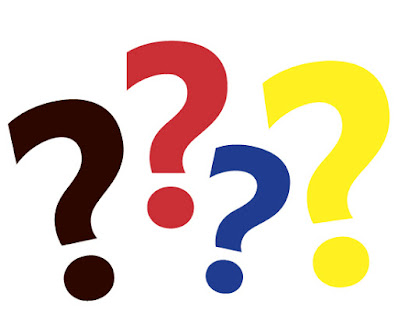
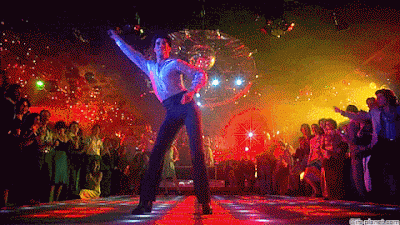

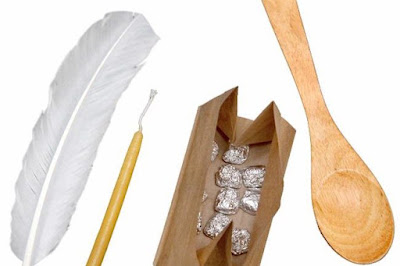

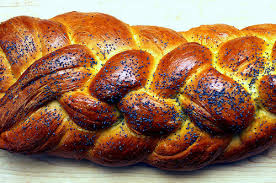




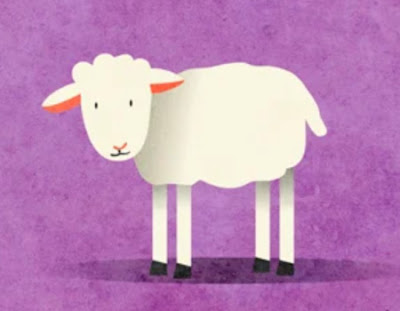

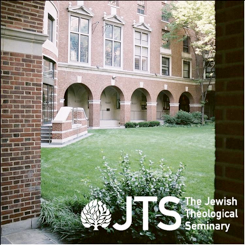

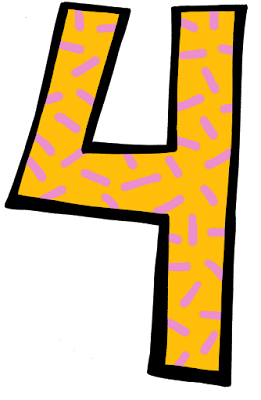
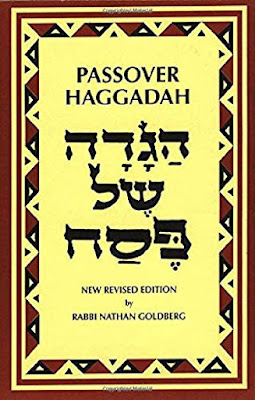
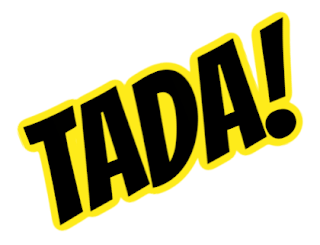
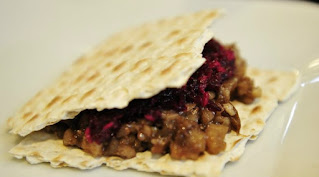

No comments:
Post a Comment